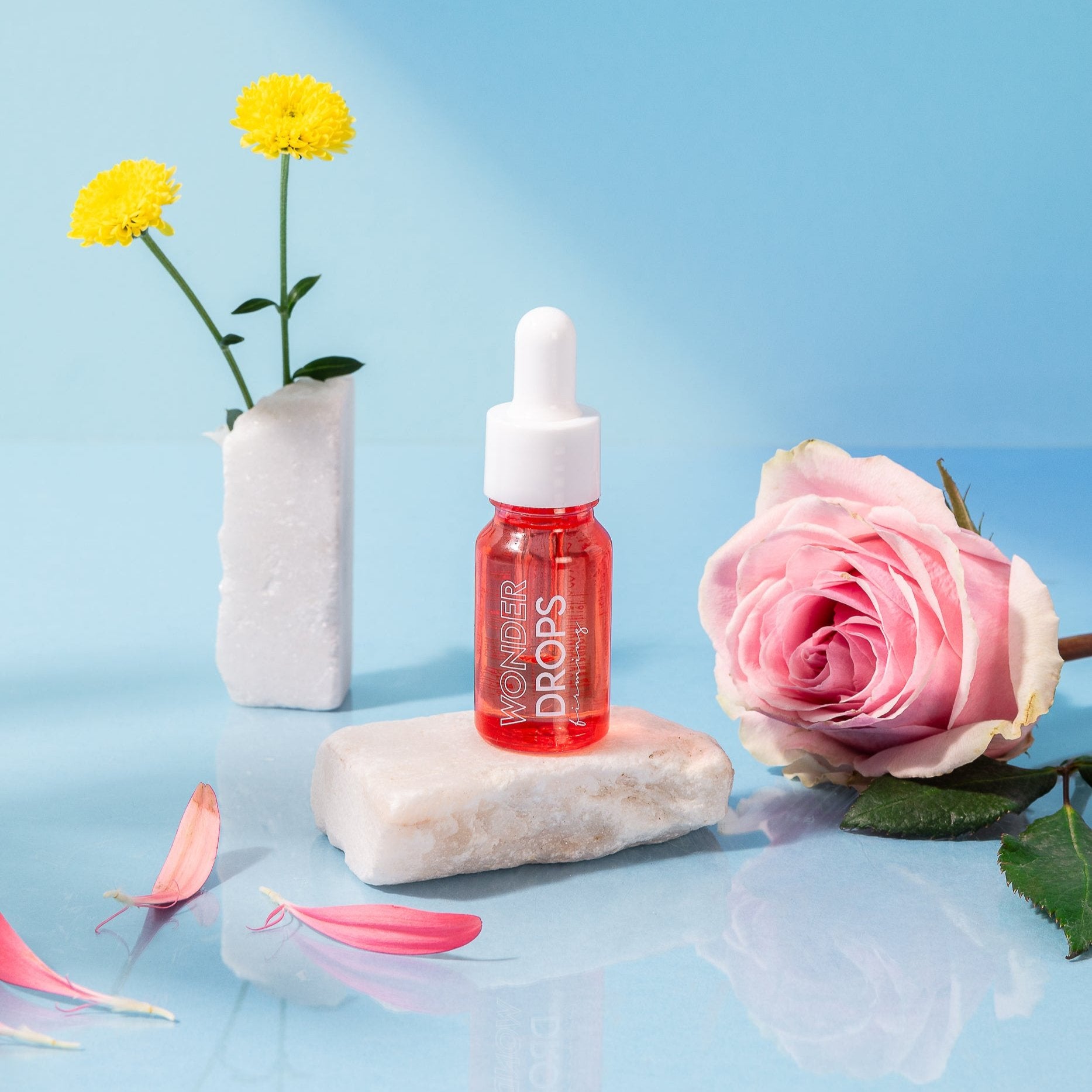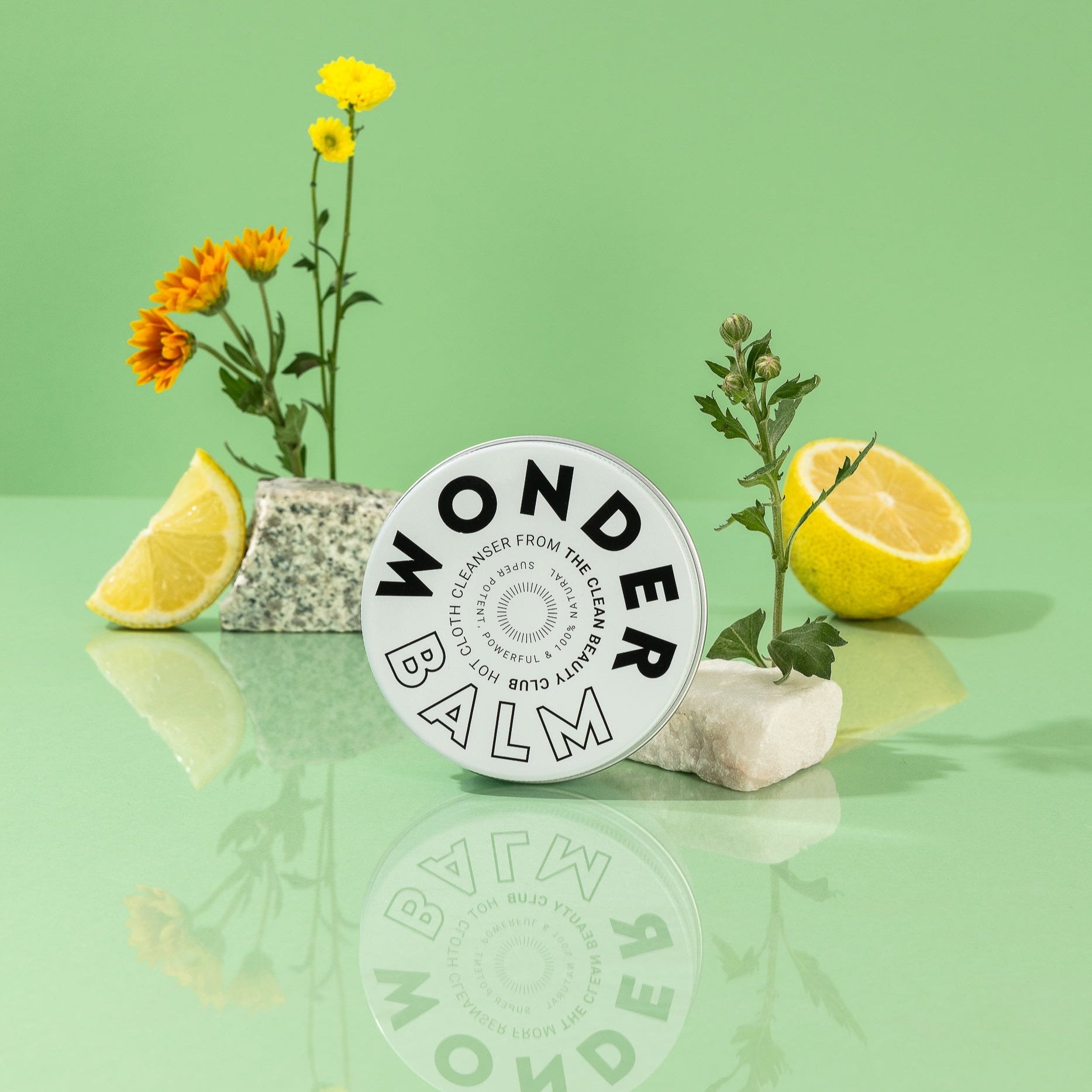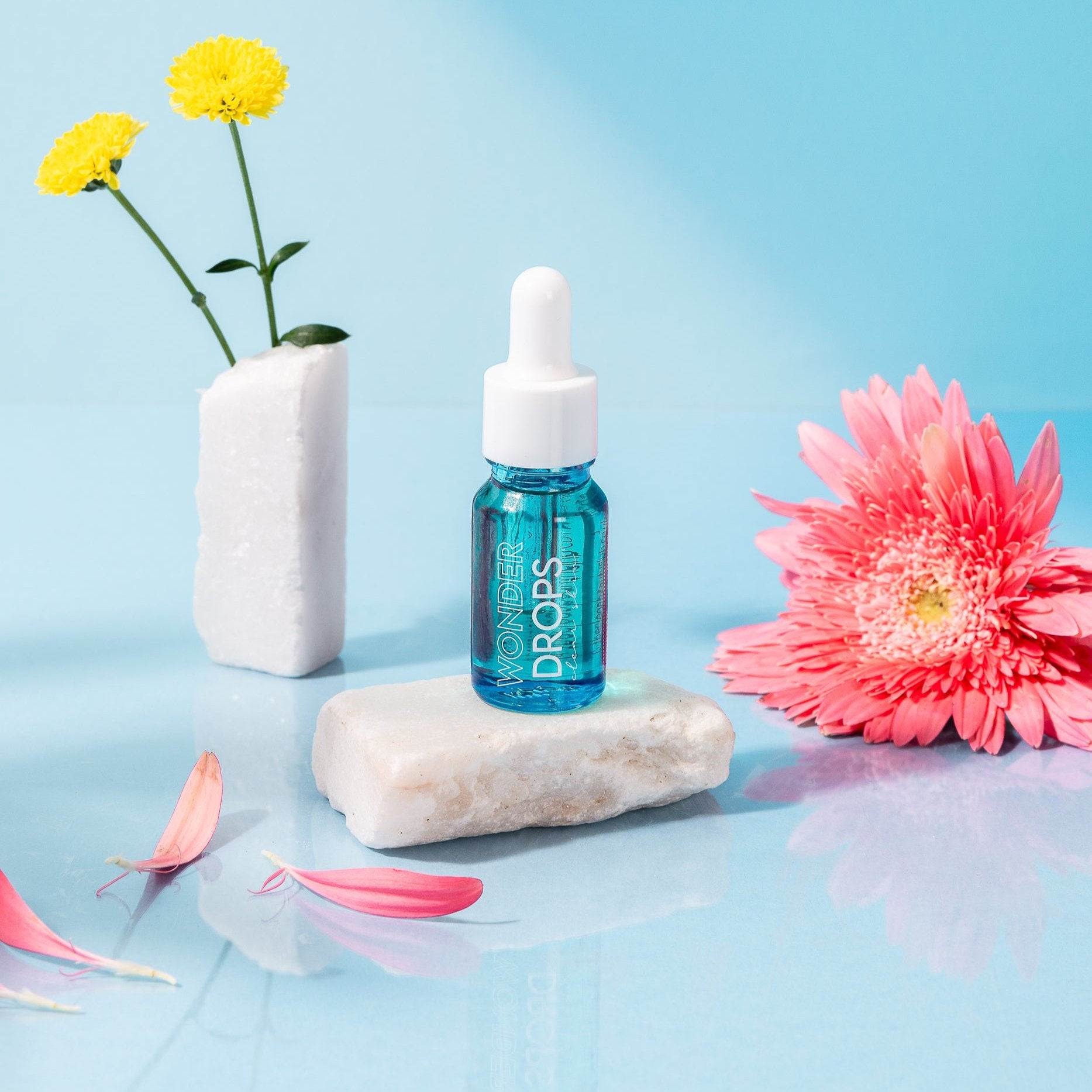Allergens are listed right at the end of an ingredients list and must be shared to allow you to avoid them. Allergens can be naturally occurring, they're not always artificial. It just happens to be that some people are allergic to them.
Every person's skin is different and it's impossible to know what will affect one person's skin compared to another. It is so important to remember this and respect your skin. Usually you will know yourself what allergens don't suit your skin. If you don't - check the last ingredients on the labels of the products that aggravate your skin. It's possible that you'll find the culprit in the common allergens.
Some allergens are naturally found in essential oils and are in really minute quantities. Regardless of this - if they irritate you, avoid them.
For information - the allergens found in Wonder Balm are limonene and citral. They are found naturally in lemon, lime, sweet orange and grapefruit essential oils. We add these essential oils (in a tiny quantity) to Wonder Balm to help cleanse skin + break down dirt & impurities.
Other types of allergens come most often from fragrance and preservatives. You can read more about preservatives and what they can do here.
You will know when you have an issue with a product when you experience redness, sensitivity, swelling or other uncomfortable reaction. These are mega uncommon for the most part and you'll generally know already whether you're someone with very sensitive skin.
If you are and you want to know what to do about it, there are a few tips to help. First, always, always do a patch test of a new product. It might take a wee bit of extra time but it's worth knowing in advance whether a product is right for you. Find a patch of skin and leave a small amount of product on it for the length of time the product will be on your skin. Wait 48 hours and see whether you have a reaction.
Choose products with a small number of ingredients. The more ingredients, the more complex the formulation. Choose a simple formula to reduce the chances of preservatives / perfumes being used in high quantities. Formulations with water need most preservatives. Formulations with most ingredients are more likely to have fragrance to mask the natural scent of the product.
If you know you have an allergy to metal then be careful to look out for aluminium in antiperspirants and cobalt in hair dye. There are other metals in self care products too so keep that in mind if you know you struggle to wear costume jewellery.
Sulphates are a pesky one when it comes to irritation too (SLS) and they're found in almost anything that foams. They're not found at the bottom of the list but actually usually up near the top. Which as we know from this blog post means that there's loads in there. We love anything that bubbles and foams in body wash products as we seem to be of the belief that they make us cleaner. They could just be drying out and irritating our skin instead. That tight feeling on your skin after a shower or washing your face can be down to the SLS.
Fragrance is a very very tricky one to avoid as it's often impossible to know what the actual chemicals are when reading a label. Cosmetics companies are allowed to house a massive number of different ingredients by using the word 'parfum' or 'fragrance' on the label. This is in theory to protect the recipe from prying eyes and copycats - but it also means they can be sneaky too. The word parfum encapsulates so many different ingredients that we have no idea about and so lots of different chemicals can be hiding under that one word. This makes it almost impossible to avoid ingredients that your skin may find unappealing or even irritating to your skin.
A note of caution. Later we'll discuss how cosmetics labelling can be very deceiving. For now though we're going to concentrate on just one aspect of that.
'Fragrance Free' is a label that has little meaning when it comes to allergens. While it can mean that the product contains only essential oils to fragrance it (like Wonder Balm) the truth is also that the product could well contain deodorising chemicals instead. Meaning the brand is not actively trying to smell 'like' something, but instead that they're trying to make it not smell like something else. Treat these with caution on sensitive skin too.
Remember - allergens are everywhere. They're in most products, because everyone's skin is different. If in doubt, choose the product with the ingredients you understand. Be careful of the words fragrance and parfum - they're often hiding stuff. Choose ingredients that are fresher where you can too as they'll have fewer preservatives.
Oh, and don't forget to patch test!












